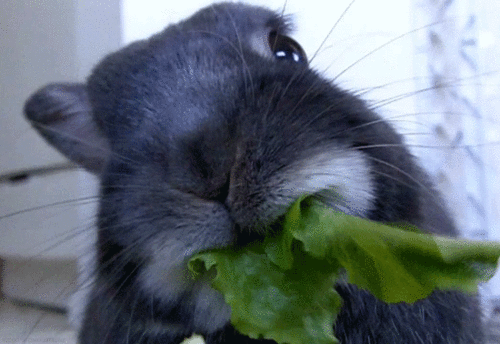
I was missing in action from Steemit for a while simply because I was burnt out from all that writing bundled up with my usual translation/writing work; not an ideal combination of work and downtime pleasure when both requires serious brain juice to concoct.

It’s about time I spring back into all that steemingfirst post kicking it off with an introduction. action and talk about #CityGrownUrbanFarming that I mentioned in my
The Idea
If my memory serves me correctly, we were catching up at our local coffee shop having what we would call a “yc” session; basically yamcha in Cantonese or yimcha

in Hakka, directly translated to “drink tea”. Having not seen @cklai for a good couple of months naturally I was curious about what he was up to, on usual days he’s just busy with regular work stuff and plotting world-crop-domination during his down time. #CityGrownUrbanFarming is an experimental startup visualised by our fellow steemian and good friend of mine, @cklai; conceptualised and realised by the both of us. It occurred to me that only a handful of people that I personally know actually have regard for the food(vegetables) that goes into their mouths, I saw the light and jumped right on board this conquest to address the problems that we’re facing especially in our hometown, Kota Kinabalu, Sabah.
The Problem
The main focus of #CityGrownUrbanFarming is to promote and educate the general public on knowing where their food comes from and how it was farmed. The culprit of blowing goods' prices through the roof, vegetables in this instance, is due to a few reasons:
- Fragile supply chain system – The farmland where the crops are grown is at least 1 hour from the city and roughly between 2,000km to 2,700km away.
- Requiring large land area – Conventional farming takes up 1 Acre of land to cater to a single person per year, thus requiring vast amounts of land to keep the supply flowing; which brings us to the next reason.
- Rising prices of land – Apart from the few main factors of determining prices are the cost of land, rentals are always on the hike with lesser available land dedicated to agriculture.
- Expensive and wasteful resources – Another reason for the price hikes. Conventional farmers rely heavily on chemical pesticides and nutrients to nurture their crops and keep pests at bay, these are not cost efficient as they are heavily subjected to inflation.

The Solution
With all that being said, the most feasible solution to these problems is to grow your own crops; knowing where and how they get on your plate, who doesn’t like the idea? I’m sure most of you upon hearing this would think it isn’t possible to grow something with the limited space in your backyard and some might even think it’s absurd to purchase a crazy-expensive plot of land only to grow vegetables for personal consumption.
That’s where our #CityGrownUrbanFarming Hydroponics System comes in. Taking out pots and soil out from the equation, it significantly reduces the space required and the risks of pests and soil-borne diseases coming into play. Dubiously dubbed as Mark I, it only takes about 4’x2’ of floor space and 7’ in height, consisting of 4 individual grow-pipes hosting 20 slots each. The whole process is simple, germinate any vegetable you fancy, pop them into the system and here comes the ultimate patience test, we wait. After a few weeks and voilà! You’re ready to harvest your very own crops. All the patience and effort has finally paid off, munching away on that fresh and crisp lettuce.

grey as concrete (get it?). Our space of interest would be the balcony at my place, it’s the perfect analogy of utilising minimum space and optimising yields for maximum harvest. We’ll be carrying out all sorts of tests and experiments before showcasing our refined system to the market and hopefully increasing the awareness of knowing your food source as well as getting you on board the hydroponics bandwagon.Utilising negative or unused spaces, #CityGrownUrbanFarming enables you to greenify your homes, cafés and especially urban spaces where they are commercially redundant and left unoccupied thus, leaving it
What's next?
In my follow-up post, we will dive right in to the nitty and gritty part where we fabricate and assemble our system; also not forgetting a sneak peek behind-the-scenes on our germination processes and the ups and downs along the way. So don't forget to hit that follow and upvote button to stay updated with the progress of #CityGrownUrbanFarming!
Cheers
@originalworks
Thanks @eric-isaiah for the great sharing, by the way, you are part of it too
Thanks for doing it at my place 😂
Hey @eric-isaiah, nice sharing you had there. Vertical farming is something interesting and can be integrated in urban agriculture, curbing food security in urban context. I am also working on projects that are related to vertical farming, would love to discuss more with you :)
We could all work together given that I’m lacking the experience in this, will need a lot of guidance from the both of youYup @kimzwarch, I’ve been aware of this actually when you guys went to the Netherlands for it but only jumped onboard when @cklai offered. 😂
Oh, cool. Nice to see u and @cklai started something already! haha, I also not very hands on yet.
Guess we’ll all just learn as we go haha
True ;)